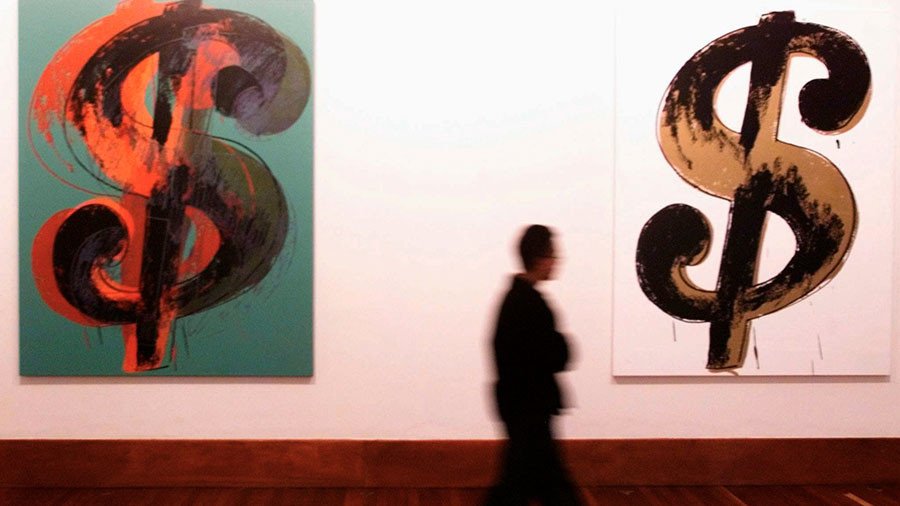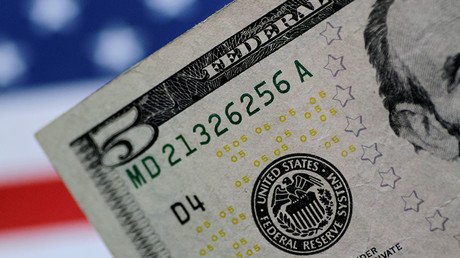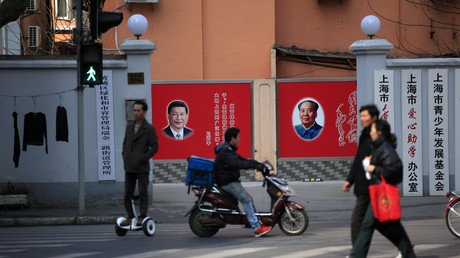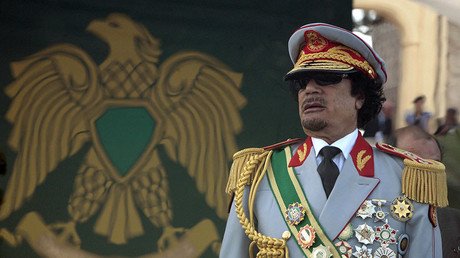China urges ditching dollar & euro trade with Russia in favor of national currencies

There is no need for Russian and Chinese businesses to pay each other in dollars and euros, when they can settle in rubles and yuan, according to Zhou Liqun, chairman of the Union of Chinese Entrepreneurs in Russia.
“The leaders of the two countries should think over improving relations, especially in financial cooperation. Why make payments with foreign currency? Why dollar? Why euro? They can be made directly in the yuan and the ruble,” he told RIA Novosti on the sidelines of the Valdai Discussion Club conference in Shanghai, titled “Russia and China: Contemporary Development Challenges.”
According to Zhou Liqun, American and European sanctions gave Russia and China a chance to build up trade and economic cooperation. “Of course, there are sanctions, there are problems, but there is hope and opportunity,” he added.
China is Russia’s largest trading partner, accounting for 15 percent of Russian international trade last year. In January 2018, it grew to 17.2 percent. Germany, which holds second place among Russia’s trade partners, has a share of about eight percent.
The countries have been gradually ditching the dollar and the euro in trade. In 2017, nine percent of payments for Russian imports to China were made in rubles; Russian companies paid 15 percent of Chinese imports in the renminbi. Just three years ago, the numbers were two and nine percent, respectively.
For more stories on economy & finance visit RT's business section















